“Poetry comes alive to me through recitation.” ~ Natalie Merchant
One can’t find a heart which is not stirred by poetry, especially when the verse is being recited with a passionate fervor.
Poetry in itself is an extraordinary perception of the ordinary, a lyrical expression of the prosaic, an imagery of feelings, and recitation gives canvas to that imagery, beat to the lyrical expression and the extra boost to the poet’s perception of the ordinary.
Hence, a child must be introduced to recitation from an early age, a reason our academic curriculum essentially consists of oral assessments with separate sections for reading and recitation.
According to an article ‘Reading Aloud to Children’ published from San Diego,”If children know eight nursery rhymes by heart by the time they’re four years old, they’re usually among the best readers by the time they’re eight.”Besides this, recitation helps in developing poise and focus, enhancing public speaking skills and controlling pitch. Let’s dive deeper into these beneficial aspects of it.
First the Why
Phonemic Awareness
Recitation helps young learners to speak and enunciate better with well formed sounds. Children who recite poetry as a routine are found to grow up as confident orators and sensitive readers as they understand pitch, voice inflection, volume and the rhythm of the language.
The Power of the Pause
Practicing recitation helps the child to develop a natural understanding about where and when to take a pause, which in turn creates the importance of punctuations in his/her mind.A well punctuated sentence turns out as impactful speech and vice-versa.
Memorization Skill
Children learn to pick up visual patterns and auditory sequences in poetry. Practicing recitation develops these skills and forges the link between audio visual ability. This benefits the child in learning new languages, reading comprehension and mathematics.
Now the How
Be Honest
Choose poetry which you really feel about. Are you passionate about nature and her various hues? Rhapsodize. Or do you feel for social causes? Speak up!An emotional connect is not necessarily a beautiful connect, it can be a bitter memory, a sad experience, a societal issue .. anything. Honesty gets you connected with your audience. Remember the ‘Gully Boy’ character?
Go Uninhibited
Yes! The only rule is to have no rules! Within the limits of decency, voice your piece with full emotional energy. For example,in the below given poem by JAMES MCDONALD, immense possibilities are present for myriad expressions.
” Today at school my teacher said,
I wonder what you’ll be?
When time has passed and you’ve grown up,
And the world is yours to see…”
Read it full and practice.
Be Sensitive
When reciting someone else’s poetry, be sensitive to the poet’s voice. Understand the poet’s emotions and voice them through your body language and expressions. Composed or excited, joyful or relaxed, witty or distressed … discern the feelings of the poem and emote.Sample this by Rachel Field,
” Something told the wild geese
It was time to go.
Though the fields lay golden
Something whispered,—‘Snow.’
********* Something told the wild geese
It was time to fly,—
Summer sun was on their wings,
Winter in their cry.”
Notice the tone here. Though there’s nothing in it to be sad about, yet the tone is not joyful, instead it’s serious and sober .The mood is sombre -about migration, about change, about loss and healing both.Hence, a composed and emotional recitation, neither upbeat nor dejected would bring out the emotions of it.
Thus, a powerful recitation is an integral part to ‘feel poetry’ and to make people realise and enjoy its emotions.
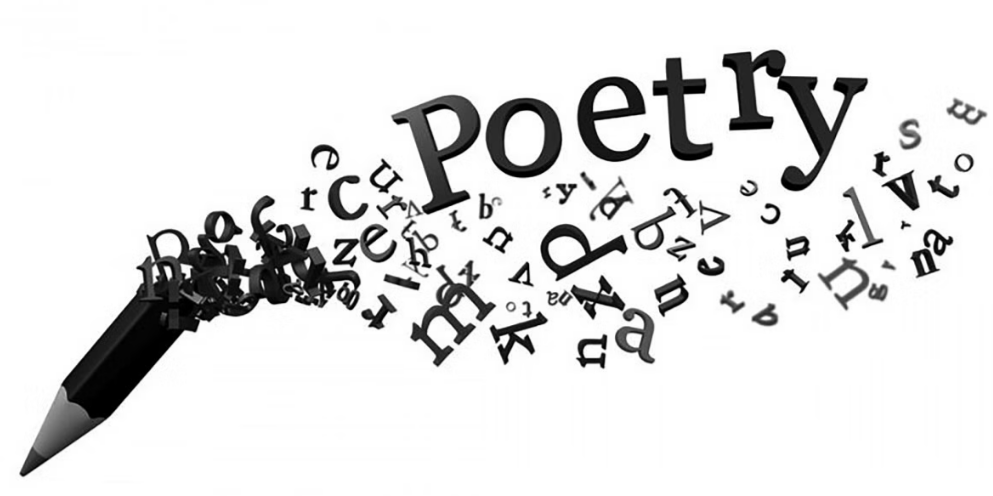
)
)
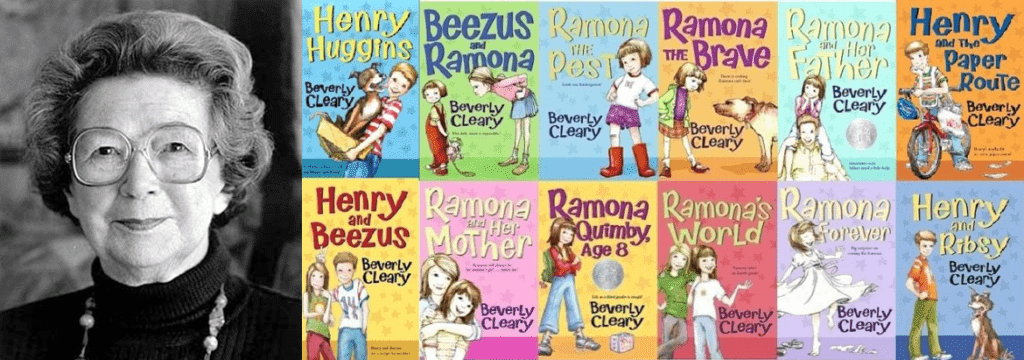)
)
)
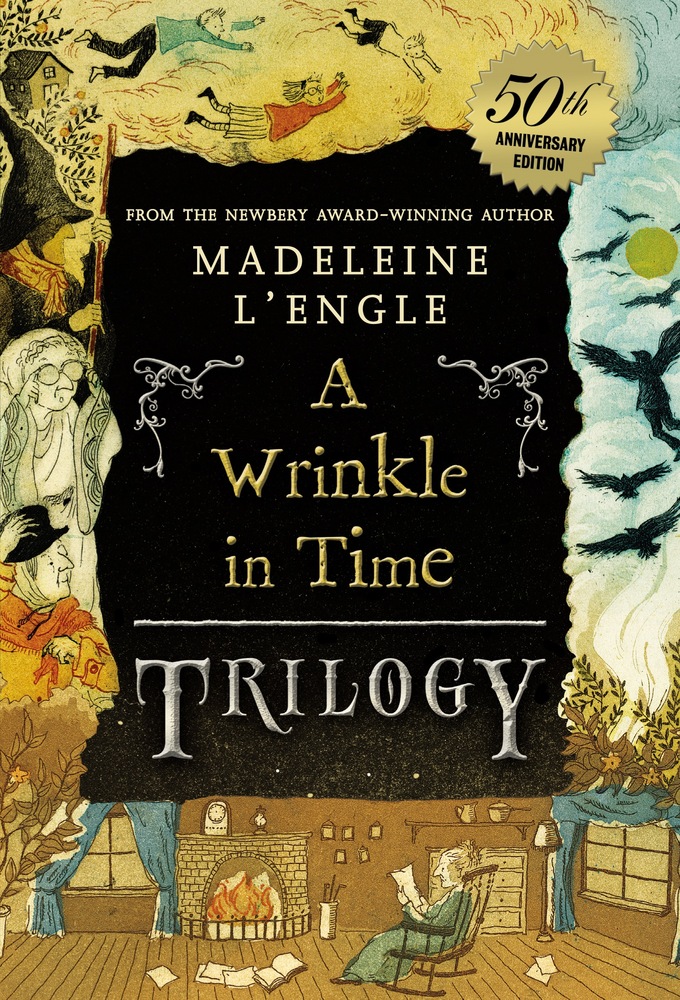)
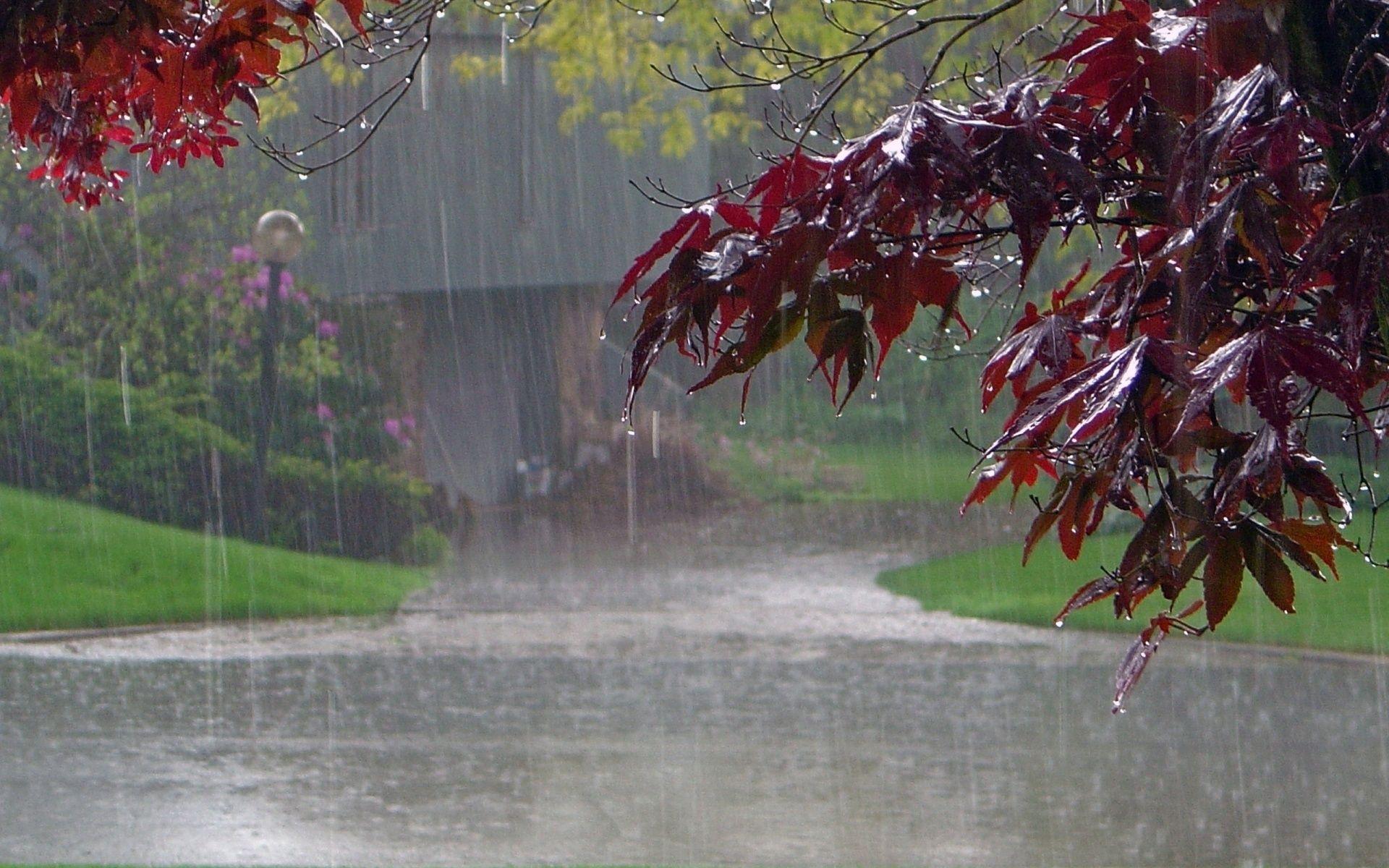)
)
)
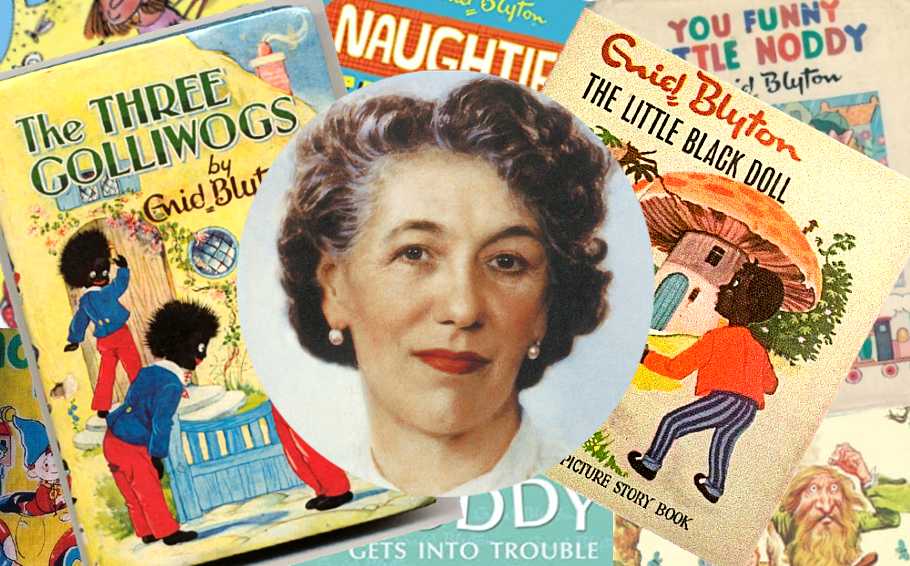)